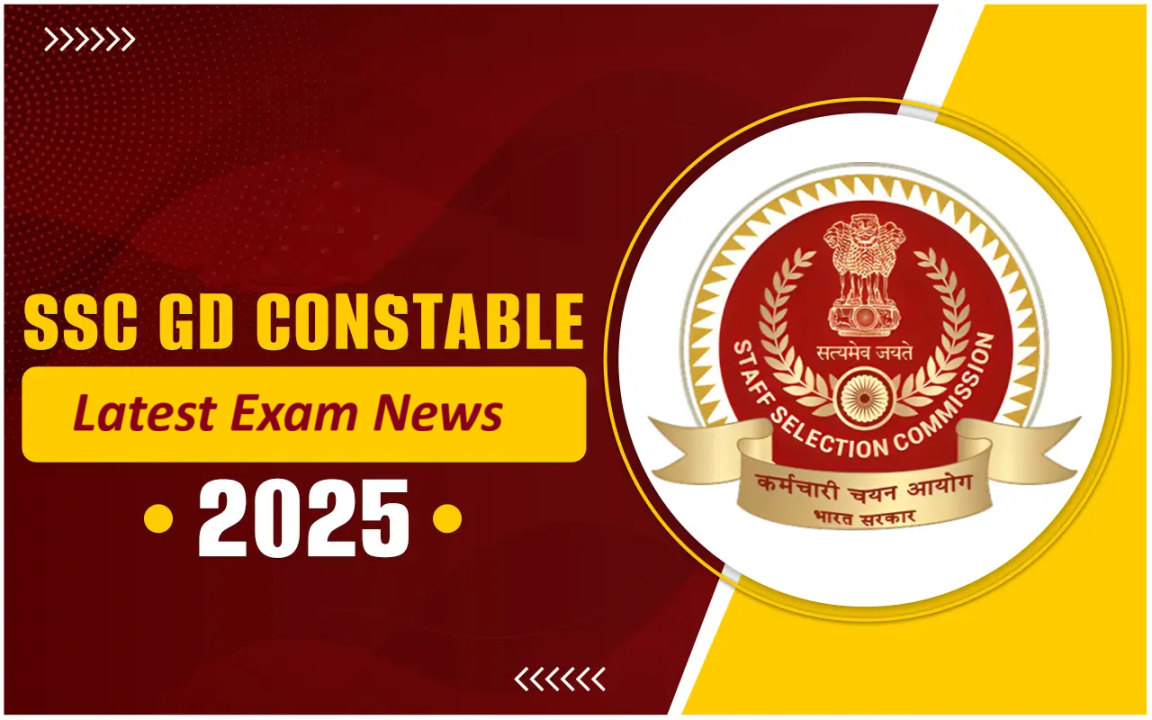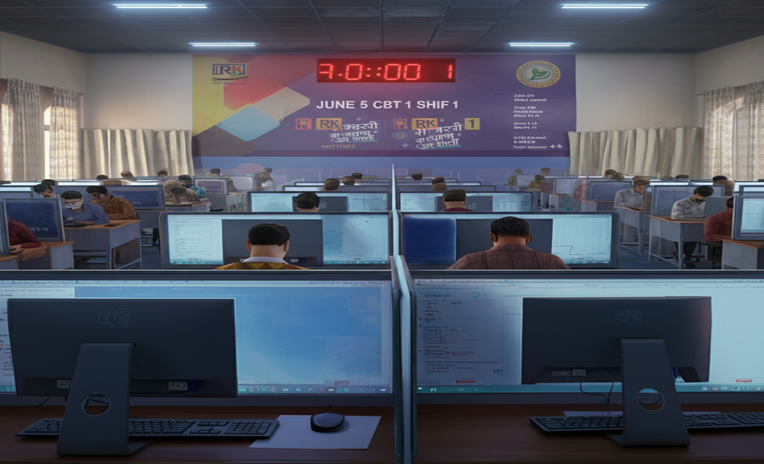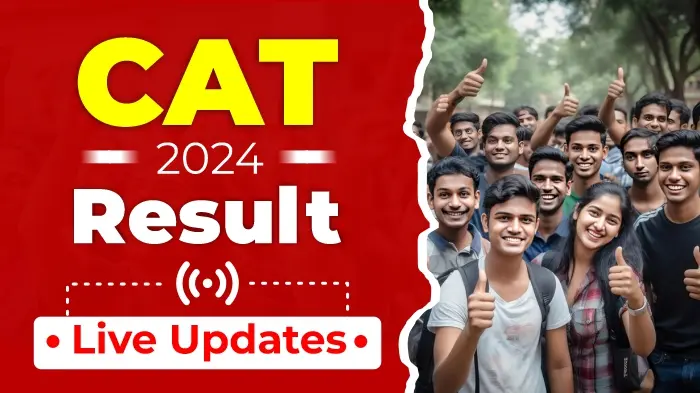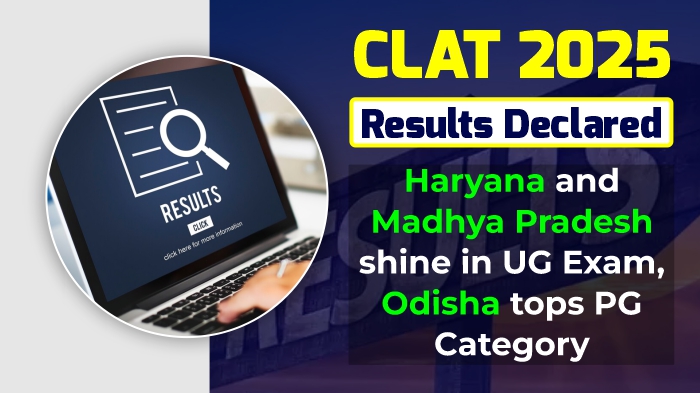
Updated:December 9, 2024, 1 year ago
The Consortium of National Law Universities announced CLAT 2025 results on December 7, 2024, with a 96.33% attendance rate. Two male UG candidates topped with the 99.997 percentile, while a female PG candidate led with the 99.993 percentile. Grievances for the final answer key can be raised until December 8. Counseling for admissions to NLUs will follow soon.
CLAT 2025 Results and What’s Next: In a monumental day for aspiring legal minds across India, the Consortium of National Law Universities (CNLU) unveiled the much-awaited CLAT 2025 results on December 7, 2024. This year’s exam not only tested intellectual prowess but also highlighted evolving dynamics within legal education.
The Common Law Admission Test (CLAT), an essential gateway to India’s premier National Law Universities (NLUs), is more than just an examination; it’s a rite of passage for future advocates, policymakers, and legal luminaries. Here’s a closer look at the highlights, success stories, and unique trends shaping this year’s results.
Celebrating Diversity and Inclusivity in Legal Education
CLAT 2025 stood out for its 96.33% attendance, one of the highest recorded in recent years. Beyond numbers, it was a reflection of diversity:
- 57% of participants were female, showcasing a strong representation of women aiming for a career in law.
- 43% were male, and importantly,
- Nine transgender candidates took the exam, emphasizing inclusivity in one of the country’s most competitive tests.
This growing diversity signifies a broader societal shift, where the legal field is no longer perceived as a male-dominated profession. It’s a testament to the Consortium’s efforts to create an accessible and fair platform for all.
The Journey of Excellence: CLAT UG Toppers
For the CLAT UG aspirants, the competition was nothing short of fierce. Topping the charts were two remarkable male students from Haryana and Madhya Pradesh, each achieving an awe-inspiring 99.997 percentile. Their stellar performances underline the commitment and preparation required to ace this rigorous exam.
While these two students share the top spot, other exceptional achievers made their mark. A candidate from Chhattisgarh secured the second rank with 99.995 percentile, and a student from Maharashtra earned the third position with 99.993 percentile.
This year’s highest marks, 103.5, were achieved amidst challenging circumstances, including changes in the final answer key, which reduced the total number of questions to 116.
PG Aspirants Shine: Women Lead the Way
In the Postgraduate category, female candidates emerged as frontrunners. A student from Odisha topped the list with a remarkable 99.993 percentile, setting an inspiring example for others. Close on her heels was another female candidate from Uttar Pradesh, who scored 99.986 percentile, demonstrating the growing strength of women in advanced legal studies.
Two male candidates from Uttar Pradesh claimed the third and fourth ranks, while another female candidate from the same state rounded off the top five, cementing Uttar Pradesh’s dominance in the PG rankings this year.
Behind the Numbers: Stories of Determination
The brilliance reflected in these results stems from countless hours of dedication, sleepless nights, and an unwavering commitment to excellence. For many, CLAT is more than just an exam; it’s a ticket to dreams.
Take the story of Saksham Gautam, AIR 1 in the UG category. Hailing from Haryana, Saksham balanced his CLAT preparation with school commitments, showcasing time management and perseverance. His success is not just his own; it’s a beacon of hope for students across small towns who dream big.
On the other hand, the female topper of the PG category from Odisha attributes her success to resilience and a disciplined study routine. “Consistency is key,” she shared, “and the support of my mentors and peers made all the difference.”
Shaping the Future: CLAT and Inclusivity
The participation of nine transgender candidates is a significant milestone for CLAT 2025. While the numbers might seem small, they represent a growing acknowledgment of the LGBTQ+ community in education and professional spaces.
One transgender candidate, who chose to remain anonymous, spoke about the transformative power of education. “CLAT was a chance to prove my worth in a society that often judges based on stereotypes. This is just the beginning of my journey.”
A Fair Shot: Grievance Mechanisms and Changes in Final Key
The release of the final answer key on December 8 brought significant adjustments. Four questions were withdrawn, and answers to three were revised, reducing the total number of questions to 116.
To ensure fairness, the CNLU has provided a mechanism for candidates to raise grievances regarding the final answer key. This can be done by logging into the CLAT account, submitting grievances, and providing supporting documents.
However, grievances submitted via email, phone calls, or website support tickets will not be entertained, as clarified by the official notice.
How to Download Your CLAT 2025 Scorecard: A Step-by-Step Guide
Ready to see the results of your hard work? Follow these simple steps to access and download your CLAT 2025 scorecard:
- Step 1: Head to the official CLAT website: consortiumofnlus.ac.in. This is your gateway to success!
- Step 2: Log in using your application number and date of birth. These credentials are your golden ticket to unlocking your score.
- Step 3: Once inside, locate the “Scorecard” link on your dashboard. It’s the key to your performance insights.
- Step 4: Click the link to reveal your scorecard. Anticipation builds as your results load!
- Step 5: Voilà! Your CLAT 2025 scorecard is now on display. Check it thoroughly to ensure every detail is accurate.
- Step 6: Download your scorecard and store it safely on your device. It’s an essential document for the next steps in your journey.
- Step 7: Print a copy for your records. Your path to a law school dream begins here!
With results now out, the focus shifts to counseling sessions that will determine admissions to 20+ NLUs for their five-year integrated UG and PG programs. Candidates are advised to stay updated on the official website for counseling schedules and procedures.
Rising Above Challenges: The Significance of CLAT
Conducted on December 1, 2024, CLAT 2025 was a two-hour-long test held in a single afternoon shift. With questions spanning legal reasoning, English, logical reasoning, and current affairs, the exam tested analytical skills and awareness in equal measure.
For aspirants, the journey didn’t end with the exam; it continued with the anxious wait for results, the release of answer keys, and the eventual triumphs.
Looking Forward: The Road Ahead
The CLAT 2025 results have set the stage for a new generation of legal professionals ready to tackle societal issues and uphold the rule of law. For the toppers, the road ahead involves rigorous academic training, debates, and internships that will shape them into future leaders.
For those who didn’t cut, CLAT 2025 serves as a stepping stone. Many have used setbacks as motivation to achieve greater heights in future attempts or alternative avenues.
As we celebrate the achievements of this year’s candidates, it’s clear that CLAT 2025 was more than an exam—it was a celebration of diversity, resilience, and the transformative power of education.
Conclusion
The release of CLAT 2025 results marks the culmination of months of preparation and the beginning of an exciting journey for aspiring lawyers. From toppers breaking records to milestones in inclusivity, this year’s exam reflects the evolving landscape of legal education in India.
As the admissions process kicks off, the spotlight remains on these young aspirants who are poised to make significant contributions to the legal fraternity and society at large. For now, the message is clear: the future of law is bright, diverse, and full of promise.
